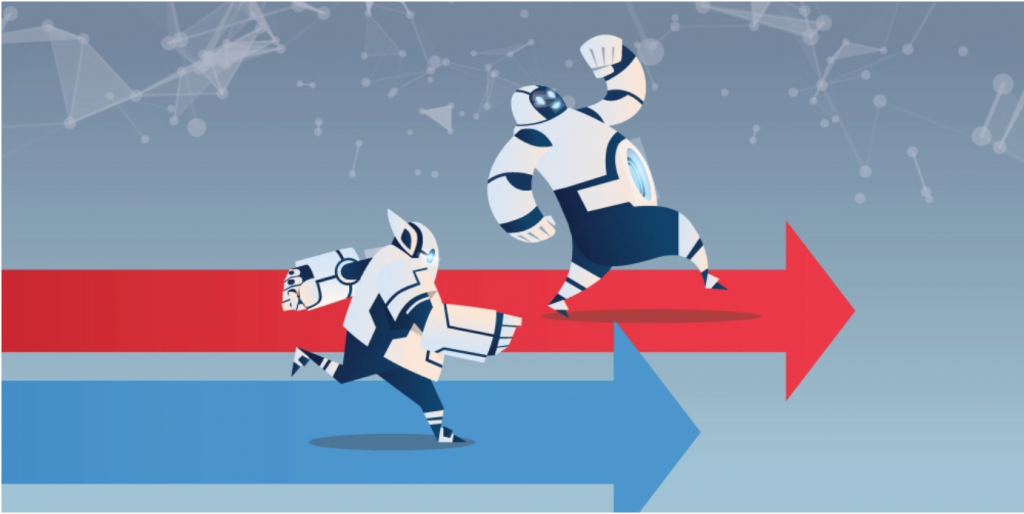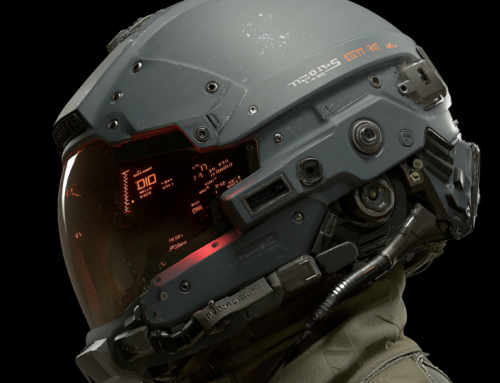
A graphic depicting adversarial neural networks racing to find answers shows how they benefit from competition. (Source: Exxactcorp.com)
Exeter Study Shows AI’s Remarkable Success in Predicting Likelihood of Dementia Development
If you have someone approaching their elder years, or if you are nearing the golden years, then you might find this medical news interesting. Particularly if you have been having issues remembering things. It is a common occurrence as we humans age. Sometimes this forgetfulness turns into the crushing mental disease called dementia.
Once again we find a story of how much improvement the use of AI in medicine is producing. The article from dailymail.co.uk.com claims artificial intelligence systems have been developed to predict whether someone will develop dementia within two years, with 92 percent accuracy,
Researchers from the University of Exeter had the data from over 15,000 patients to train their algorithm. The technique works by spotting patterns in the data and learning who is most at risk, with researchers hoping it could cut the number of people wrongly diagnosed.
Professor David Llewellyn, an Alan Turing fellow based at the University of Exeter, who oversaw the study, said the machine learning algorithm can predict who will develop dementia within two years.
“This has the potential to reduce the guesswork in clinical practice and significantly improve the diagnostic pathway,” Llewellyn said.
Llewellyn added that it would help, “families access the support they need as swiftly and as accurately as possible.” The research suggests AI can not only accurately predict who will be diagnosed with dementia, but has the potential to improve the accuracy of the diagnoses.
The team looked at the people who had not been diagnosed with dementia, but who were having memory problems.
Researchers at Edge Hill University are also training algorithms to spot and interact with dementia patients. The video below shows how a simple robot is trained to find simple signs of dementia.
Adversarial Neural Networks Faster
The process of inputting this data using artificial neural networks can be extremely time-consuming and is limited to one type of knowledge. A new breed of ANNs called Adversarial Neural Networks pits the wits of two AI bots against each other, which allows them to learn from each other.
This approach is designed to speed up the process of learning, as well as refine the output created by AI systems.
Dr. Rosa Sancho, head of research at Alzheimer’s Research UK, which funded the latest research, said it has a huge potential for improving disease detection.
“Artificial intelligence has huge potential for improving early detection of the diseases that cause dementia and could revolutionise the diagnosis process for people concerned about themselves or a loved one showing symptoms,” Sancho said.
Nearly everyone experiences signs of memory loss. Now medical professionals may soon have a new tool for diagnoses.
read more at dailymail.co.uk







Leave A Comment